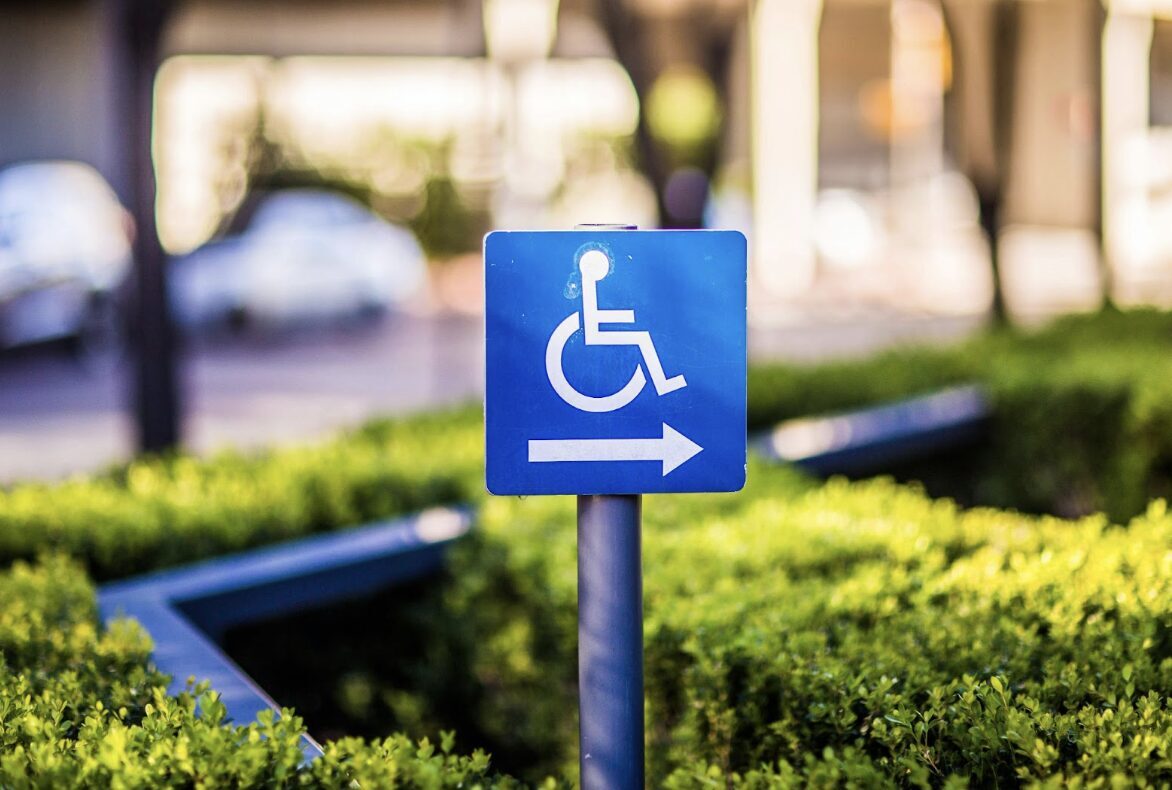Appointments can be a whole-day event if you have chronic pain. It’s not merely making it to the office on time but having the strength to get out the door, wait around in waiting rooms, and then come home completely worn out. If you’ve ever come home from a visit more depleted than comforted, you’re not alone.
Prepare the Night Before
One thing that does work is cutting out unnecessary decisions. Make a decision about what to wear tomorrow evening. Keep a go-bag handy full of things that will absolutely be needed at appointments: the insurance card, drug list, snacks, bottle of water, lip balm, and a small notebook. When those basics are in preparation, mental clutter makes a slight decrease.
Book Your Best Hour of Everyone’s Day
Timing is more crucial than most people know. Try to get in early in the morning. You’ll wait less, and often the office is less busy. If you feel stiffer in the mornings, aim mid-morning or early afternoon. If you know your peak strength time in the body, it can make a difference on the calendar more often than not.
Plan Your Travel Component Too
Traveling is a headache unto itself. If you drive yourself, take a ride service, or ride with a family member, don’t put travel in your fortune’s hands. Plan ahead to arrive a bit early. Last-minute tension, the traffic jam, running behind, a crowded lot, and the stress can trigger your symptoms long beforehand.
If mobility is a problem, even a minor issue like having a disability parking permit can alter the entire process. It will ease stress on your body and mind if you can park closer to the door.
Bring Little Comforts
It’s the little things while waiting in the waiting room that matter. Bring some earbuds or headphones and listen to music, a podcast, or even calming white noise. Bring a small pillow or blanket if soft chairs exacerbate your pain. Some people bring a stress ball or fidget toy, though not that they’re stressed, but it takes their mind off stiffness while sitting.
Don’t Try to Recall All
During the actual appointment, it’ll be easy to forget what’s been on your mind or what questions you had, especially if you’re tired. Jot things down ahead of time and bring a copy with you to hand to the nurse or doctor upon arrival. That way, nothing slips between the cracks. Just put down what’s been on your mind and let the paper take the weight.
Record If You Must
Suppose a partner can be with you, great. If not, ask if you can audio-record parts of the discussion on your phone. Most firms are used to this nowadays. Just be sure to ask permission first. It’s worthwhile to playback specifics once your mind isn’t multi-tasking quite so much.
Give Yourself Recovery Time
Then take a little bit of time out to relax, even if it’s just to lie in bed for 20 minutes or have a cup of tea while sitting in your car on the way home. That pause between appointments makes a massive difference if your body’s already operating overtime just to get through the day.
A Little Prep Goes a Long Way
Living with chronic pain makes everyday things take a bit more effort. But done properly, doctor visits shouldn’t be about giving less than they get.

